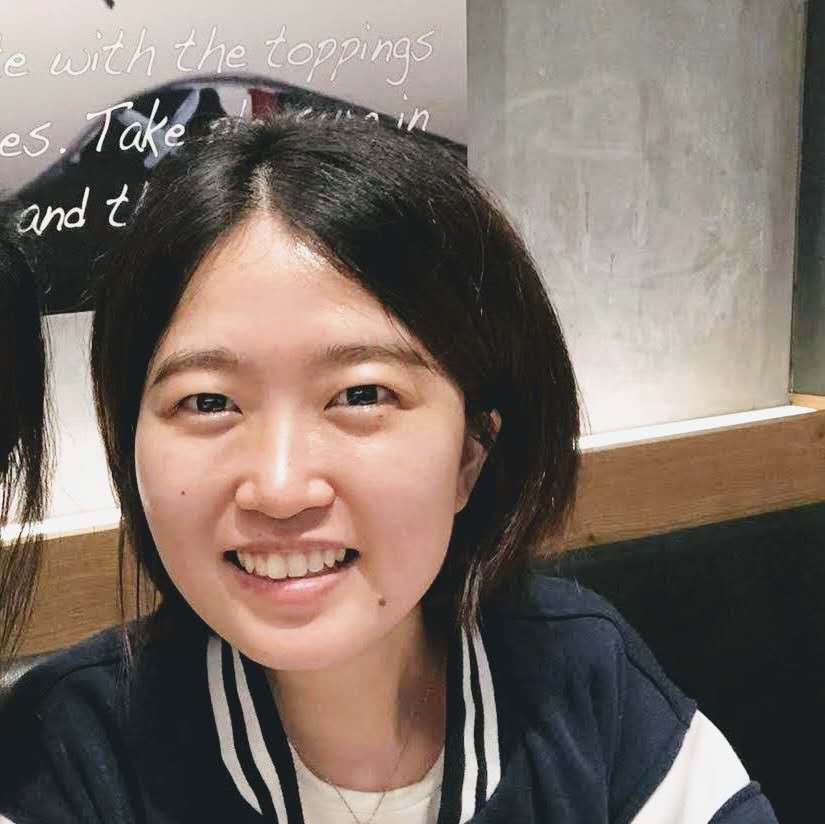
Chen Jielin
Nationality: China
Faculty & Year of Study: Design and Environment, Year 1
Undergraduate: Zhejiang University, China
"There is only one heroism in the world: to see the world as it is and to love it." - Romain Rolland

Nationality: China
Faculty & Year of Study: Design and Environment, Year 1
Undergraduate: Zhejiang University, China
"There is only one heroism in the world: to see the world as it is and to love it." - Romain Rolland
Why Did You Choose To Pursue A PhD?
Both my accumulating personal experience and observation of architectural-related design practice in several design firms based respectively in mainland China, Japan, and Hong Kong since 2013 has triggered my doubt towards the seemingly twisted engagement of today’s professional practice of the architectural industry. As far as I know, although the emerging and ever-shifting computational tools and techniques have been keeping on transforming various aspects of the society, worryingly, the field of architectural design practice is still stuck in a relatively inefficient working mode, and a pronounced gap between the forefront academia and solid practice is torturing utmost practitioners who still rely on outmoded systems. Personally, I feel a strong motivation to seek and urge solutions to this dilemma. Although the causes of the dilemma might be convoluted, and the potential direction to promote efficiency and liberate creativity in a practical sense might not be unique either, I concede that one of the most promising directions should involve the upgrading of the engagement discipline of the industry and it is hard to ignore the potential impact of the emerging media and techniques in the field of computation in the architectural industry. Thus, I found myself possessing a strong motivation to delve deep into the necessary transformation and illustrate a clear vision regarding the upgrade of the industry practice mode. Thus, I decided to shift back to academia and dedicate myself to solution hunting among the emerging tools of computation.
Can you tell us briefly about your research topic?
The exploration of architectural design alternatives is a routine practice for designers, yet the scope of manual design exploration can be limited by the cognitive capacity of human designers, which grants chances for computational support and assistance. In fact, design solution space exploration has been a long-standing task in the domain of computational-aided design, especially in generative design research. The process of architectural design exploration can be depicted as the mapping of a latent design solution space and searching for optimal solutions within it. An informative interpretation of the design solution space can potentially enhance the cognitive capacity of designers with respect to both conventional design practice and the research domain of computational-aided generative design. However, the hitherto research of design space exploration has a limited focus on the interpretation of the solution space per se due to the knowledge gap pertaining to representation and generation. Representation learning techniques, as a core paradigm in the statistically empowered domain of machine learning, possess the capability of extracting convoluted probabilistic distribution of hyperspace with latent features from unorganized data resources in a generalized manner, which can be an intuitive modus operandi for a structural interpretation of the intricate latent design solution space and benefit the challenging task of architectural design exploration.
Why did you choose to do this research for your PhD?
My intention and keenness of tackling the hazardousness of the still prevailing inefficient engagement tools and systems of the architectural design industry have eventually driven my research direction to the application of computational intelligence and learning mechanism pinning directly to architectural practice.
What do you like most about graduate school?
What I like most about my graduate study life is the freedom to dive into my field of interest. The invaluable resources and supports provided by NUS has enabled me to do whatever I intend to do.
What challenges have you faced during your stint as a PhD student?
You are doomed to face challenges when doing a PhD. If it scares you, it might be a good thing to try. During my PhD study, I have kept on trying new ideas and I am still keeping on doing so. Although I have faced a lot of trials and errors, whenever I look back, I keep on realizing how far I have come, which also encourage me to go even further.
Any other words of wisdom to share?
“There is only one heroism in the world: to see the world as it is and to love it.” – Romain Rolland
© National University of Singapore. All Rights Reserved.
This site is best viewed with the latest version of Google Chrome browser.